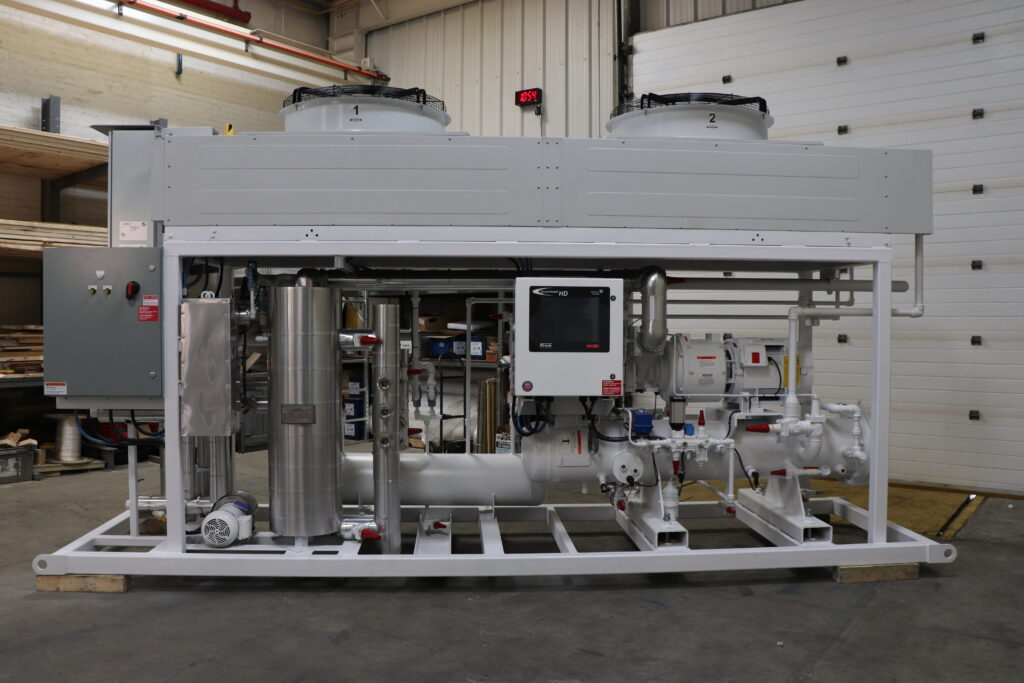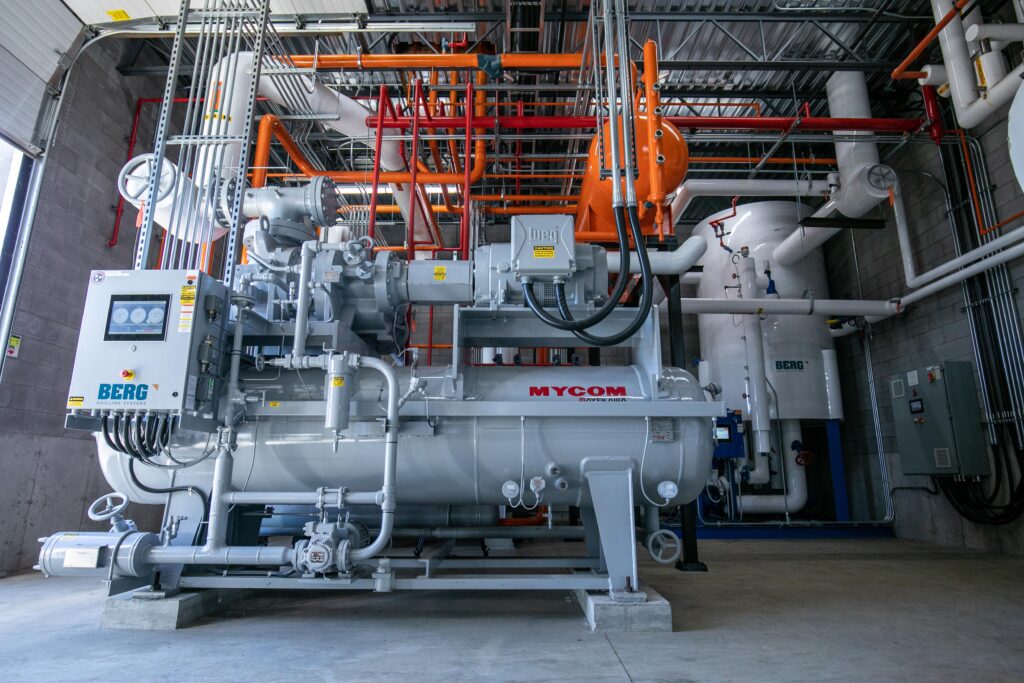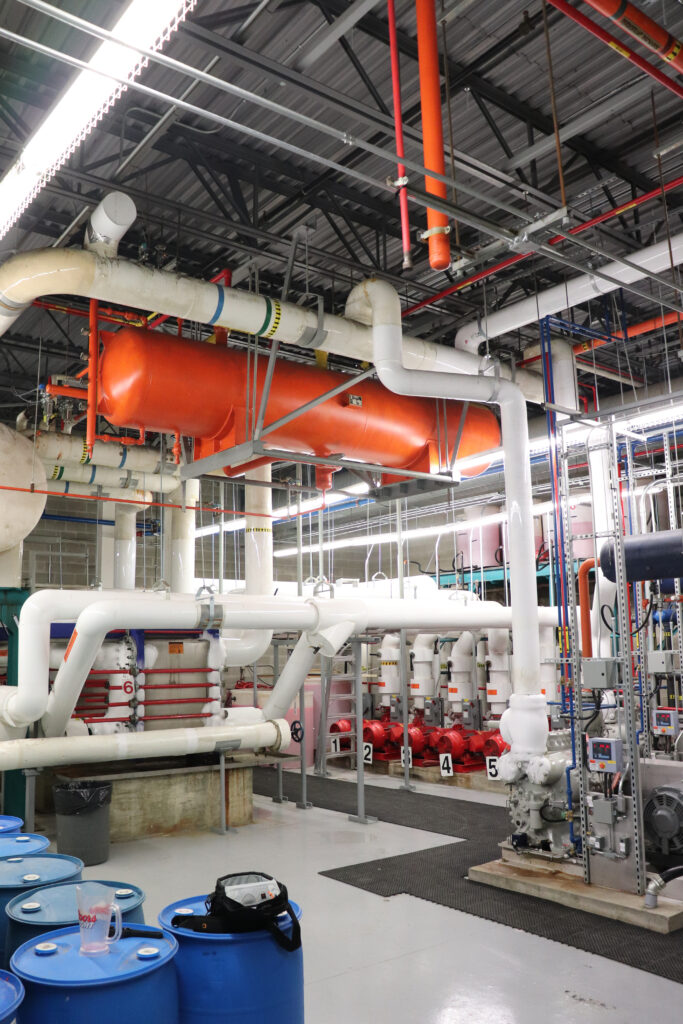Once you have learned the best practices and safety precautions for handling ammonia, it's important to also understand how to respond in the case of an emergency or exposure to ammonia. Accidents may happen despite taking all the necessary precautions, so regular training and awareness are essential to minimize the impact of any incident.
If you encounter an ammonia emergency, it's crucial to take immediate and appropriate action to reduce the risk to yourself and others. This may involve recognizing the signs of an ammonia leak, evacuating the area, notifying emergency services, and administering first aid as necessary. Remember to always follow established safety protocols and seek medical attention if you experience any symptoms of ammonia exposure. By being prepared and informed, you can help prevent serious harm and ensure the safety of everyone involved.

Ammonia is a toxic gas that commonly used in various industrial and agricultural processes. It can be extremely dangerous if not handled properly or leak and spill occur, it can pose a serious risk to human health and the environment. Ammonia is a colorless gas, so it can be difficult to detect without specialized equipment. However, there are some warning signs to look out for:
If you notice any of these symptoms or suspect an ammonia leak, take immediate action.
The first step in responding to an ammonia emergency is to evacuate the area as quickly and safely as possible. Ammonia can be extremely dangerous in high concentrations, and prolonged exposure can lead to respiratory problems, eye damage, and even death. If you are inside a building or enclosed space, shut down all ventilation systems and close all doors and windows, and leave the building immediately and alert others to do the same. Do not use elevators, as they can spread the gas to other floors. If you are outside and can see or smell the ammonia, move to an area that is upwind and uphill of the release, if possible. Ammonia gas is heavier than air, which means it will sink to lower areas and can create pockets of concentrated gas. Staying upwind and uphill will help to minimize your exposure to the gas and reduce the risk of respiratory problems.
Once you are safely outside the affected area, call the local emergency services, such as the fire department or hazardous materials (hazmat) team, and report the ammonia emergency. Be sure to provide as much detail as possible, including:

Stay on the line until the emergency services arrive and follow their instructions. This information will help emergency responders to determine the appropriate response and ensure that the area is properly contained.
If you have been exposed to ammonia gas, it is important to seek medical attention immediately. The severity of the symptoms depends on the level of exposure and symptoms include coughing, shortness of breath, chest pain, and irritation of the eyes, nose, and throat. In severe cases, exposure to high concentrations of ammonia gas can lead to loss of consciousness and even death. The following steps can help to minimize the effects of ammonia exposure:
If you are trained in emergency response or first aid, you may be able to provide assistance to others who have been exposed to ammonia. This may involve using emergency shutoff valves, applying absorbent materials to the spill, or using a fire hose to disperse the gas. However, it is important to prioritize your own safety and avoid entering the affected area unless you have proper personal protective equipment (PPE) and training.
Only trained professionals should attempt to contain an ammonia release, as the gas can be extremely dangerous.
To find out more about the Ammonia Emergency Response Plan, click here:

Once emergency responders arrive on the scene, follow their instructions carefully. They will assess the situation and determine the appropriate course of action. Depending on the severity of the leak or spill, they may need to contain the area, or clean up the spill and ask you to evacuate further, or move to a decontamination area. It is important to remain calm and follow their directions to avoid further exposure and wait for the all-clear before re-entering the affected area.
Besides learning how to respond to ammonia emergencies, there’s something can be prepared beforehand for any potential accident.
Berg offers 24/7 emergency service and support wherever your cooling system may be. Our certified refrigeration experts can also provide ammonia awareness and safety training to your staff to ensure that your ammonia system is always at its best. Learn more on how we can help with your refrigeration needs.